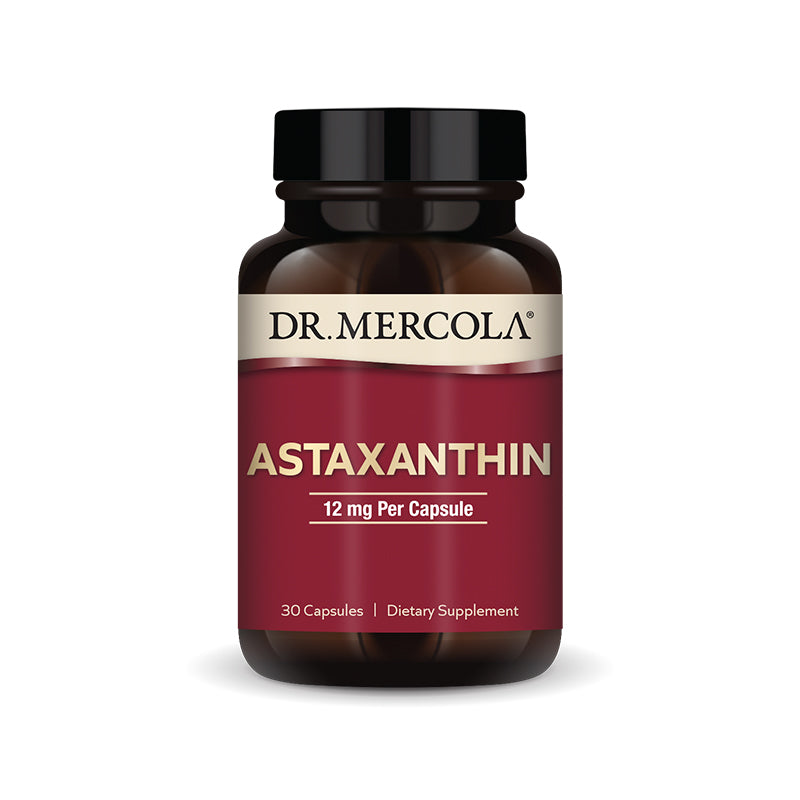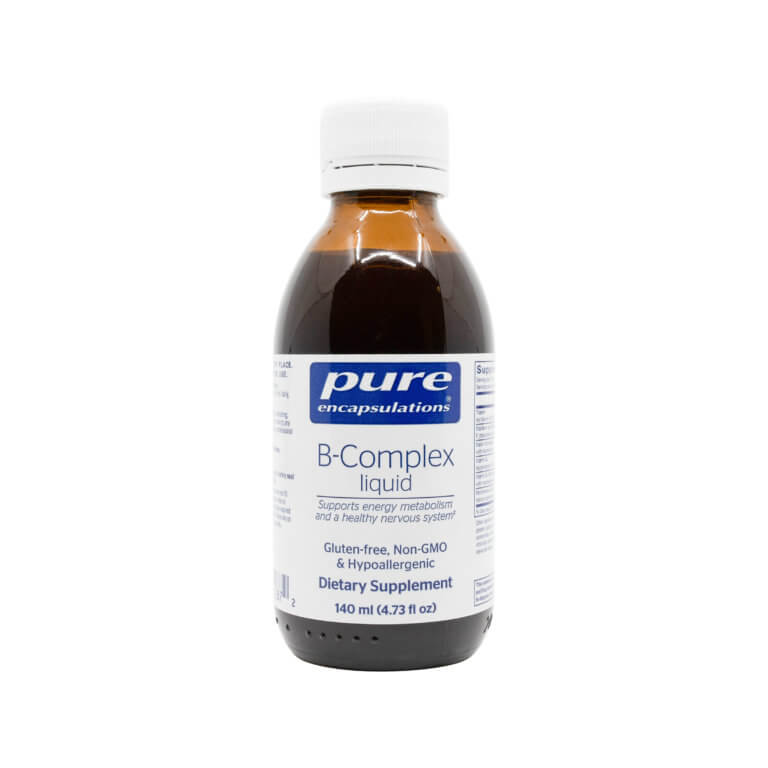Cart
0
by Lynda Buitrago In 2014, more than one in three adults had some form of cardiovascular disease (CVD). Since 1984, more women than men have died from CVD. Despite this, heart attacks are still mistakenly thought of as a primarily male affliction, so women with symptoms of heart attack are often sent home from the emergency room (“It’s just indigestion, dear. Go home and rest”) instead of being properly monitored. In fact, 26% of women age 45 and older die within a year of their first heart attack, compared with 19% of men. Healthy Thyroid, Healthy Heart Prevention is the best medicine, so protect your heart…by protecting your thyroid gland. Yes, the thyroid gland. Part of the discrepancy in female death rates from heart attack may actually be the fact that about ten times as many women as men have thyroid dysfunction. Up to 40% of the United States population is estimated to have hypothyroidism, and half of this number is made up of people who have not been diagnosed. About 20% of us are walking around unaware we have hypothyroidism! On top of this, of the 20% who were officially diagnosed, many cases of hypothyroidism are in fact misdiagnosed: up to 90% of hypothyroidism cases are actually Hashimoto’s thyroiditis, an autoimmune thyroid condition. The heart responds to any thyroid dysfunction. Thyroid hormone is very important for normal cardiovascular function, so when there is either not enough or too much thyroid hormone, or if your body is unable to use those thyroid hormones efficiently, neither the heart nor the blood vessels can function normally. Hypothyroidism, sometimes called “underactive thyroid,” slows down your metabolism and causes your heart to become weak and beat too slowly (bradycardia) or irregularly – skipping or adding beats – (arrhythmia). In addition, the heart muscle cannot fully relax in between heartbeats. This failure to relax, in addition to hardening of blood vessels, can produce high blood pressure. In hyperthyroidism, or “overactive thyroid,” the heart muscle must work much harder than normal. Excess thyroid hormone increases heart rate (tachycardia), increases the force of contraction of the heart muscle, and increases the amount of oxygen demanded by the heart. This results in elevated blood pressure, palpitations and shortness of breath and can also result in atrial fibrillation, a rapid, irregular heart rhythm that can greatly increase risk of stroke. Even being slightly hypothyroid is a big heart disease risk factor Subclinical hypothyroidism – a slightly underactive thyroid or poor utilization of thyroid hormones – significantly increases heart disease risk for women 45 and older. In the Rotterdam Study, published in the Annals of Internal Medicine and other major medical journals, older women with subclinical hypothyroidism were nearly twice as likely to have blockage of the aorta, the main artery of the body. They were also 70% more likely to have hardening of the aorta than women with healthy thyroid function, and twice as likely to have heart attacks as women with healthy thyroid function. Those with autoimmune hypothyroidism (Hashimoto’s thyroiditis) were found to be at even higher risk for all of these health challenges. In addition, in an analysis of several clinical studies that included more than 25,000 patients, subclinical hypothyroidism was associated with increased incidence of coronary artery disease, heart attack, and cardiac death. Another meta-analysis found a significantly increased heart failure risk in patients with subclinical hypothyroidism. The signs and symptoms of hypothyroidism are often dismissed as being age-related or “just in your head.” Symptoms may develop slowly over the years, and too often they go unnoticed. The findings in the Rotterdam Study make a strong argument that thorough screening of thyroid health in older women can do a lot to help prevent cardiovascular illness and to reduce deaths from CVD in women. Get your thyroid and adrenal function tested today The Rotterdam Study’s finding is a strong indication that screening programs to evaluate even slight hypothyroidism in older women could help prevent cardiovascular illness. This common condition, which often has no obvious symptoms, is a strong risk factor for heart attacks and hardening of the arteries in older women. Complete thyroid screening, including testing for thyroid antibodies, is vitally important for all women. No thyroid testing is complete without also testing adrenal gland function. Just as heart and thyroid function go hand in hand, thyroid and adrenal function are also inseparable. Thyroid function cannot return to normal without first balancing adrenal function. As with hypothyroidism, hyperthyroidism often exists without the classic, textbook symptoms. So anyone who has cardiac symptoms that can’t be easily explained should have their thyroid function and adrenal gland function measured. Recommended tests At Depke Wellness we use the BioHealth 205 adrenal salivary panel, which tests the levels or several adrenal hormones, with a special focus on your production of cortisol throughout an average day. We also recommend a truly comprehensive thyroid test. Simply testing TSH, T3 and T4 in many cases is not enough to discover if you have thyroid dysfunction nor to identify its root cause. The markers included on a complete test are:
- Thyroid stimulating hormone (TSH)
- Free T4
- Total T4
- Free T3
- T3 uptake
- Reverse T3
- Free thyroxine index (T7)
- Thyroxine-binding globulin (TBG) – for Hashimoto’s thyroiditis
- Thyroid Peroxidase (TPO) antibodies- for Hashimoto’s
- Antithyroglobulin antibodies – for Hashimoto’s
- Thyroid-stimulating immunoglobulin (TSI) – for Graves disease













